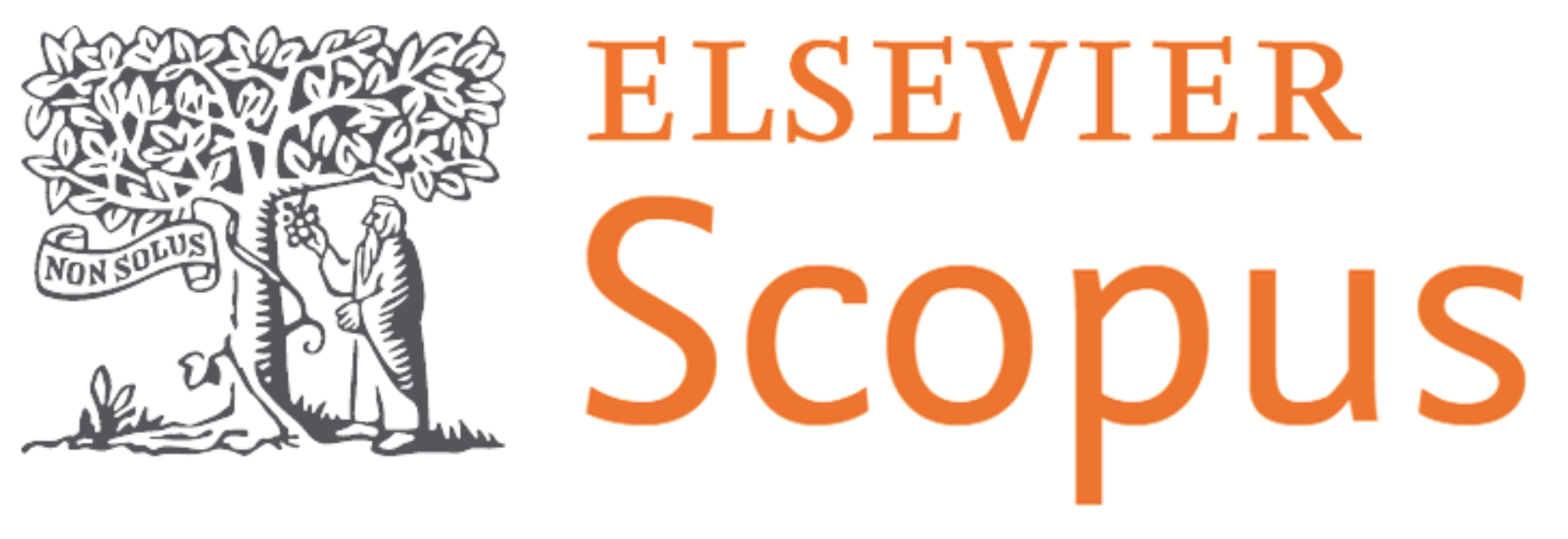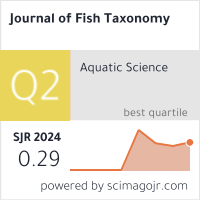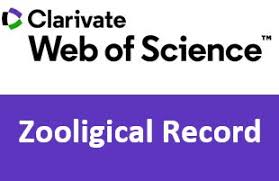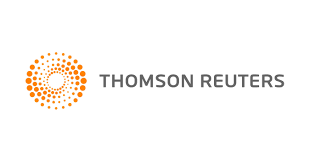Quantifying the economic benefits of sustainable aquaculture practices in improving the production and quality of fish products: A cost-benefit analysis of a tilapia farm in Southeast Asia
Keywords:
Economic benefits (EB), Net Income (NI), Revenue, Cash Flow (CF), Profit (P), Sustainability (s), Improving the production and quality (IP&Q).Abstract
The basic purpose of this research study is to determine the Quantifying the economic benefits of sustainable aquaculture practices in improving the production and quality of fish products. This research study depends upon secondary research data analysis for this purpose, data collected from different websites related to the economy, including web development indicators (WDI). For measuring the research study, used E-views software and generated informative results including descriptive, unit root test analysis, and the test of equality, which also present graphical analysis between them. The economic benefits included cash flow, net income, profit, and revenue; these are all considered independent variables. Sustainability aquaculture includes an ecological system; the social system is also considered independent. Improving the production and quality of fish products is the main dependent variable. The overall result found that quantifying the economic benefits of sustainable aquaculture practices shows significant and positive improving the production and quality of fish products.








